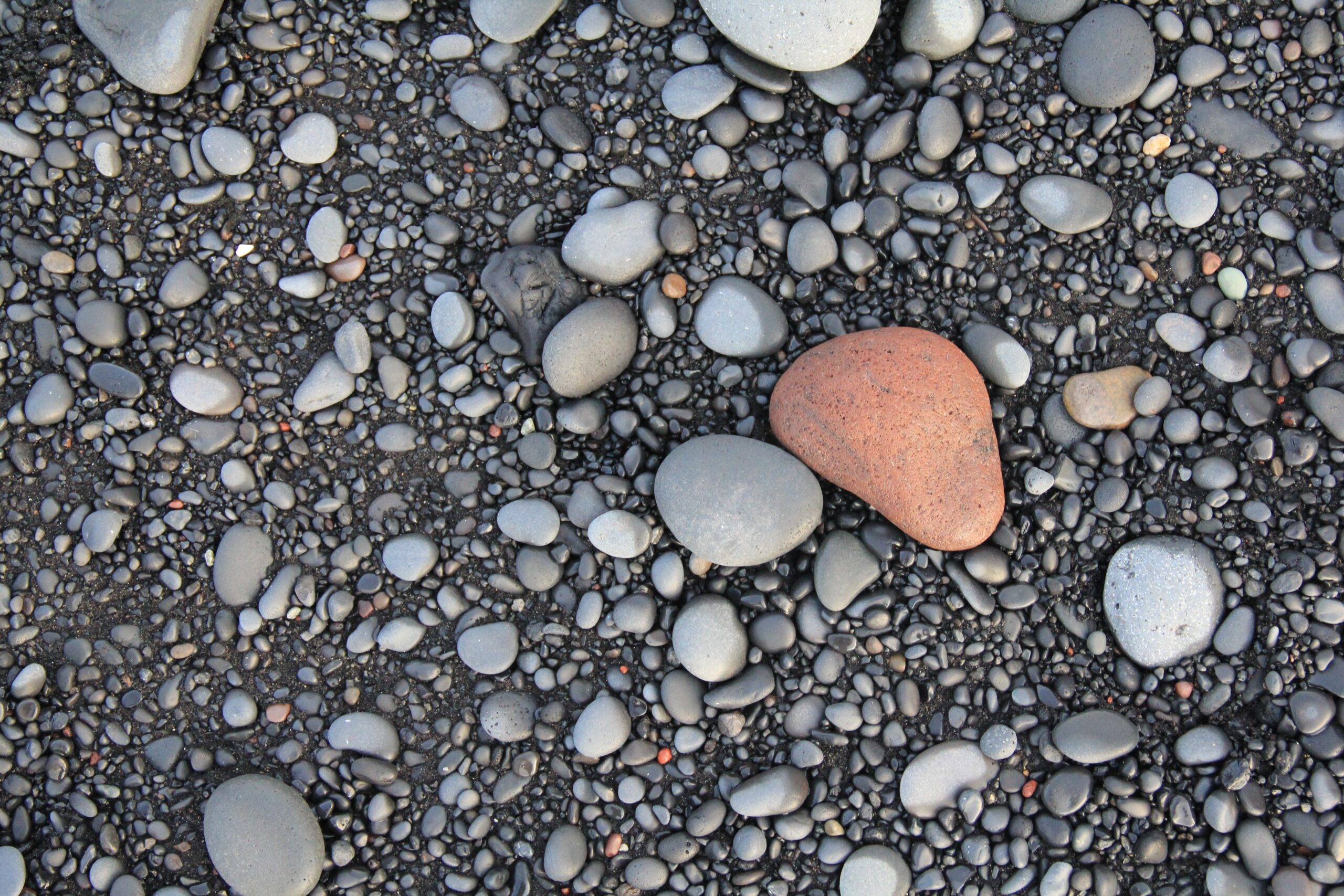
Photo by Lukas Blazek
Time, the most precious gift and the one thing that we can’t replenish – when it’s gone, it’s gone. Each of us gets 168 hours every week. You, me, and Elon Musk got exactly the same amount last week, and each of us used it differently.
I don’t know about you or Elon, but in my allocated time I didn’t get to some stuff that I wish I had. If you’d asked me why, I might well have said because I was too ‘busy’.
But I don’t actually think this is true, what I think is that we make time for things that are important.
Here’s a personal example.
I had a full day of work-related activity lined up including meeting with some parents, a Board report to finish, an important conversation with a team member, and my promise to cover someone’s morning duty. And our office manager was sick. That morning when I turned on the shower, mentally lining up all my ducks for the day, I realised it wasn’t getting warmer. Plenty of cold but no hot.
I grabbed a towel, stepped out of the shower and started down the passageway. Three steps later my bare foot went “squelch” on the carpet and I realised where the hot water was going.
My priorities for the day shifted exactly at that moment.
The point is, that when something important (fixing the leak) and urgent (it’s getting worse by the second) came up, I could find plenty of time to resolve the situation. I messaged people, rearranged plans and started phoning plumbers. It took all morning.
Before the leak started, if you’d asked me to spend two hours that morning on something else, I’d have said, “sorry I can’t today”.
As it turned out, I had plenty of time to do what needed to be done – I wasn’t short of time, I just started the day with different priorities.
This example is due to a crisis (first world crisis!) forcing my shift in priorities, but most of the important stuff that we struggle to find time for is longer term – things like exercising or creating that new strategic plan. They sit there, hovering in the background adding mental load, but still undone.
I’d like to suggest that how and what you prioritise are the real issues when you say, “I’m too busy”. No matter what you decide to do with your 168 hours you still have exactly the same amount – and the choice is always yours.
There are two simple strategies that I’d like to suggest to help you allocate time for important things.
Firstly, to find your top priority items, think in the longer term – maybe a year ahead. Tim Ferriss uses a technique called “fear setting” to do this. He considers what harm or loss continuing with a particular habit will have in the longer term. An example is gaining a kilogram in weight every couple of months. A couple of extra kilos probably isn’t a problem but if we look at the outcome after a year or two, the harm is bigger. Tim uses this ‘over time’ technique to amplify problems so they become priorities.
I have used this negative consequence idea as a motivator but have also flipped the viewpoint and looked for some positives. An example would be to imagine what it would be like to have an extra $500 cash to spend on a hobby or fun event next Christmas. That’s only $10 per week – skipping 2 bought coffees or not buying a Lotto ticket gets me there easily. Imagining that happy outcome gives me motivation to change a habit.
The key thing to use as leverage is the effect of your immediate choices over time.
The second strategy that I find super helpful is really about making sure I stick to my priority plan and to do this I use my calendar (diary) system.
I’ve written about this before and in essence it reflects the fact that we put the important things on our calendars –
“When you have a meeting with your leadership team, it’s on the calendar. When you want to see what is happening next week, you check the calendar. Meeting your appraiser? Yes, it’s on the calendar.”
The truth is, that when we make a commitment to do something/be somewhere, we add it to our diary or calendar. All the important work stuff is there, but what about all the important other stuff?
So, a 2-step action plan to ensure your 168 hours each week are properly prioritised, starts with applying a longer-term lenses to what matters most (which will include both work and human needs) and then adding the necessary smaller steps to your year calendar/diary.
If you work backwards from the desired outcome, it’s pretty easy to identify and add the small steps needed. Once they’re locked in your calendar, you’re likely to do them.
None of us are really short of time, we just need to be clear about what matters most.
Dave









